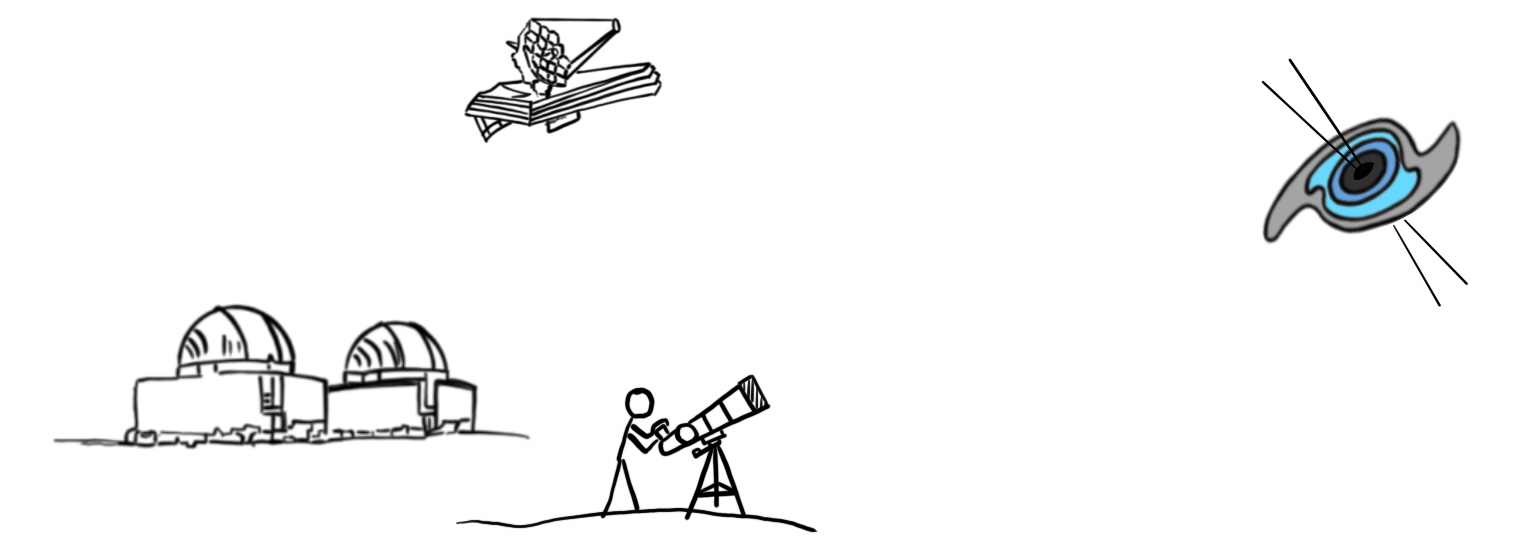(he/they) /k ahr - thih k uh - y er/
Kartheik Iyer

Hallo.¶
I am currently a NASA Hubble fellow at Columbia University, where I work at the intersection of theoretical modeling, observations, and astrostatistical method development to understand the physical processes that shape our universe. Most of my papers can be found via Google Scholar or ADS, and code on GitHub.
Research Interests¶
I am primarily a computational astrophysicist studying how galaxies grow and evolve across cosmic time. A lot of my work focuses on decoding the life stories of galaxies - how they form stars, interact with their environments, and change over billions of years. You can find my talks about galaxy evolution at a public level here or at a conference/colloquium-like level here and here (more talks in the travel & outreach pages).
More generally, I like to find interesting use-cases for astrostatistics and machine learning in noisy, heterogeneous datasets, and am a big fan of developing interpretable or physically-motivated ML methods, or using AI for model building. Recently, I have also been working on applications of generative AI in astronomy both at a research and meta-literature level. Read more.
Tools & Open Science¶
I am passionate about developing open-source tools that accelerate scientific discovery, and sharing them with the community. I'm the creator of Dense Basis, a widely-used package for analyzing galaxy spectra, and GP-SFH, a framework for modeling stochastic star formation histories. As a co-founder of UniverseTBD, I work on developing ML-based tools for astrophysical research and recently launched Pathfinder, a freely available LLM-assisted tool for exploring astronomical literature.
Community¶
Apart from the glorious complexity of galaxies, one of the reasons I am an astronomer is the incredible community of kind, smart people that I get to interact with! I find that science is much more fun when you're doing it with people who provide perspectives very different from your own, and am very grateful to be able to interact with the wonderful people in collaborations like CANDELS, CANUCS, CEERS, and Learning the Universe. If you are interested in getting involved, there's more information here.